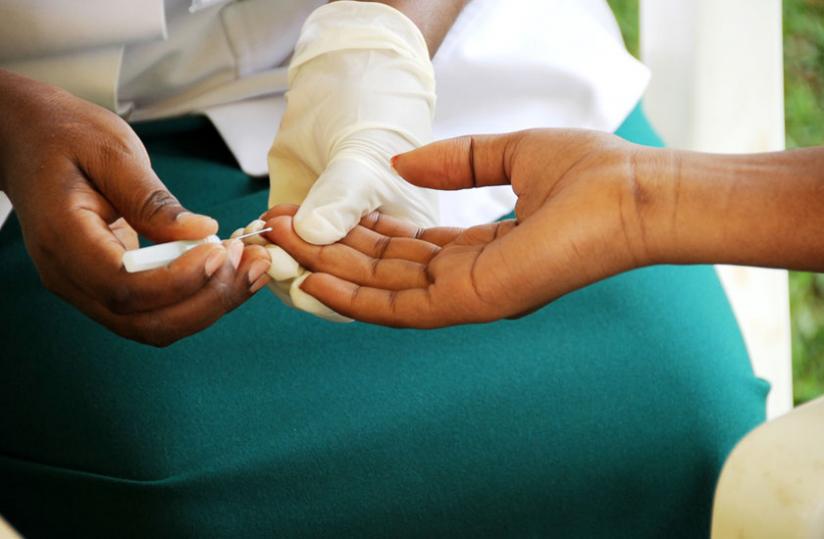A new rapid test panel for HIV, hepatitis B, and syphilis screening in pregnant women was unveiled during the International AIDS Society Conference on HIV Science in Kigali. The test, known as Determine™ Antenatal Care Panel (ANC panel), is designed to improve detection and treatment of maternal infectious diseases through a single finger prick, delivering results in about 20 minutes.
The triple elimination panel aims to address delays in diagnosis and treatment, particularly in clinics with limited staff and resources, and supports efforts to achieve global elimination targets by 2030. Each kit contains all the components needed for testing, minimizing the risk of supply shortages that often disrupt services. Additionally, the test enables real-time data collection to identify treatment gaps and supports integrated care for hard-to-reach populations.
Field evaluations in Rwanda indicated that most healthcare workers could use the test without difficulty, making it suitable for integration into routine antenatal care. The approach aligns with national strategies to bring services closer to communities and strengthen primary care, particularly in areas with high maternal testing coverage for HIV and hepatitis B. While HIV and hepatitis B testing coverage among pregnant women in Rwanda stands above 95%, syphilis testing remains below 70%, largely due to reliance on laboratory-based methods that delay results. Point-of-care testing through this new panel could help close this gap by enabling immediate treatment.
Beyond maternal care, experts have proposed extending the panel to include partner testing during pregnancy to reduce the risk of reinfection. Research from similar multi-disease panels in other countries demonstrated significant benefits, including reduced testing time, fewer referrals, and lower costs for patients. Digital integration of results into central health systems further enhances efficiency and speeds up response when new cases are detected.
The test recently received World Health Organization prequalification, a key step that signals global endorsement for safety and performance. This approval is expected to accelerate adoption in many countries, though local testing and funding negotiations will determine timelines for rollout. Integrated diagnostics are increasingly seen as essential for comprehensive maternal care, helping to detect silent infections that could otherwise lead to severe health outcomes.
By combining multiple tests into a single kit and streamlining processes, the new panel represents a major step toward improving maternal health, reducing mother-to-child transmission, and strengthening health systems across Africa. It also supports a broader vision of using community-based networks to manage other chronic and silent conditions, reinforcing the value of integrated health strategies for sustainable progress.

